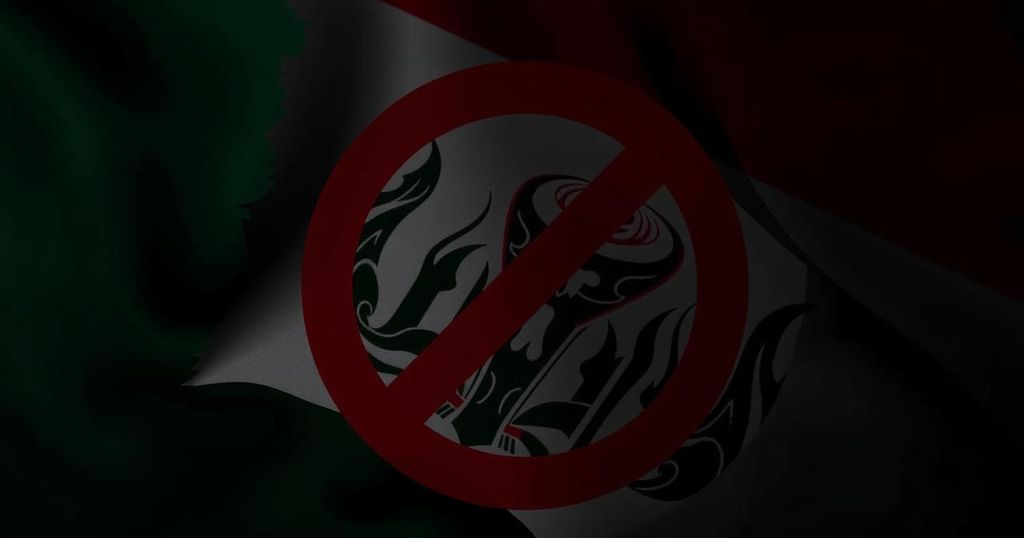Iraq Bans IMDb Over Concerns of Immoral Content

Iraq’s Ministry of Communications has blocked access to IMDb, citing concerns about immoral content. This decision, made after government monitoring, aims to protect cultural values. Despite significant internet usage in Iraq, the country faces ongoing challenges related to internet freedom, including frequent outages and high costs.
On November 26, Iraq’s Ministry of Communications took the significant action of blocking access to IMDb, the world’s largest movie and television database, due to concerns about purportedly “immoral content.” IMDb, which attracts over 200 million monthly visitors worldwide, provides comprehensive information about films, television series, and celebrities, including reviews and ratings. The ministry’s decision stemmed from continuous monitoring by Al-Salam General Company, a government entity responsible for overseeing and regulating website content.
In a statement, the ministry insisted that the blocking was not arbitrary, noting that sustained observation had uncovered content deemed pornographic and unethical. The ministry articulated that the purpose of the ban was to uphold the cultural values and social integrity of Iraqi society, though it did not elaborate on the specific content that led to the ban of this mainstream entertainment site. Furthermore, the lack of an Arabic version of IMDb adds to the site’s inaccessibility for many Iraqis, as it is primarily available in European languages and Hindi.
Reports from the Freedom House agency indicate that Iraq has seen significant deterioration in internet freedom over the past year, marked by increased censorship, extended prison terms for online commentary, and frequent internet service interruptions. In 2023 alone, Iraq experienced 66 internet outages—the highest number of any country—primarily occurring during academic examinations to hinder cheating attempts. This resulted in an estimated daily economic loss of approximately $1.4 million for the nation.
The current administration, led by Prime Minister Mohammed Shia al-Sudani, has intensified efforts to control the population, including recent lockdowns instituted for the national census aimed at assessing demographic distributions post-conflict. Despite achieving an internet penetration rate of 78.7%, equivalent to around 36.22 million users by January 2024, Iraq still faces considerable infrastructure challenges, with high internet costs and limited access in rural regions where slower technologies prevail. The action against IMDb illustrates a trend toward stricter online content regulation within Iraq, mirroring similar actions taken by neighboring countries such as Iran and Saudi Arabia.
The blocking of IMDb in Iraq reflects a broader trend of internet censorship and content regulation within the country. The government has increasingly restricted online content in response to perceived moral threats to society, often citing the need to protect cultural values. This shift follows a general deterioration of internet freedom recorded by various organizations, which has observed heightened actions against online communications and increased government oversight. Furthermore, the socioeconomic implications of internet outages and high costs exacerbate the challenges faced by Iraqi citizens in accessing information and maintaining connectivity in a rapidly digitizing world.
In conclusion, the Iraqi government’s decision to block IMDb underscores a growing trend of online censorship justified by concerns over immoral content. With internet freedom in decline and a significant number of internet outages affecting economic stability, this move highlights the balance the government seeks to maintain between cultural preservation and the challenges presented by modern technology. As Iraq navigates these complex dynamics, the implications for citizens’ access to information and the broader cultural landscape remain profound.
Original Source: www.intellinews.com







